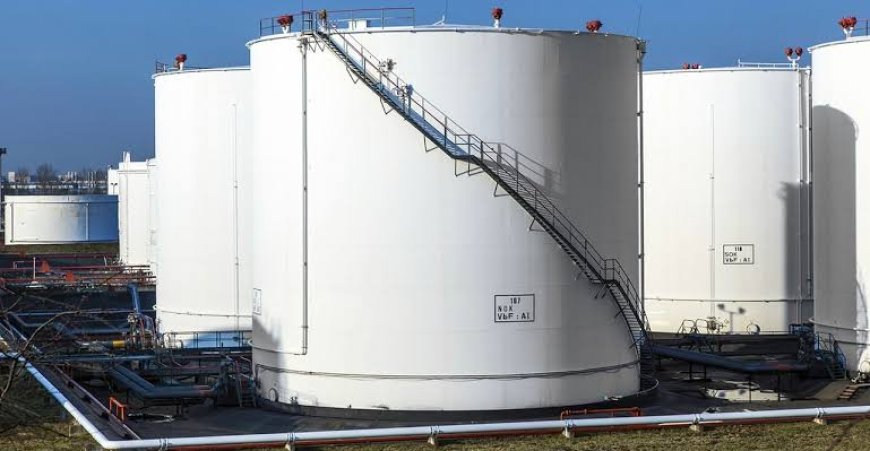65% Tank Farms Dormant Due To Fuel Subsidy Removal

As the battle to control market share in the downstream sector rages on, no fewer than 70 tank farm owners have been compelled to cease operations in the past two years, leaving their facilities abandoned and idle as retailers and station owners increasingly avoid utilising their services.
These dormant tank farms, representing 65 per cent of the total 120 approved facilities, now stand idle, with operators increasingly bypassing the storage facilities in favour of alternative trucking options.
It was also gathered that the business closure was primarily driven by the removal of the fuel subsidy by President Bola Tinubu’s administration, which led to a significant 488 per cent increase in petrol prices and affected the purchasing power of fuel marketers.
A tank farm is an area used for the storage of oil and/or petrochemical products in large tanks and often installed in locations where marine tankers can discharge their products.
From the tank farm, petroleum products are distributed to end users or further storage facilities.
According to an engineering website, Plant Engineering, the purpose of tank farms is to provide a safe environment for storing chemicals.
Various raw materials such as gasoline, crude oil, liquefied natural gas, heavy oil, naphtha and other liquid chemicals are temporarily stored while they wait to be transported by ship, rail, tank truck or pipeline for further use or processing.
SOURCE: PUNCH













































